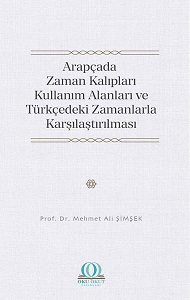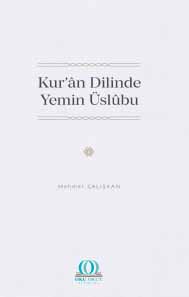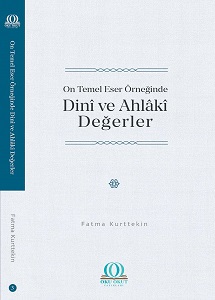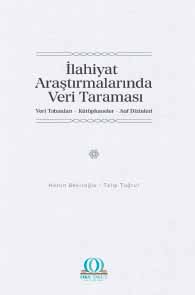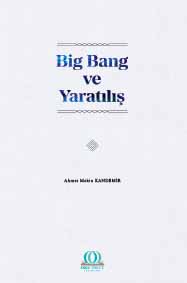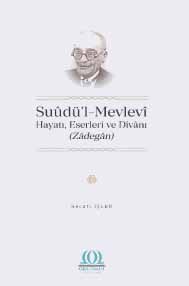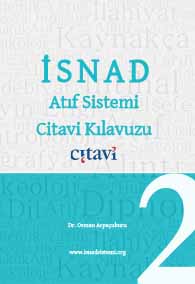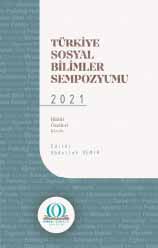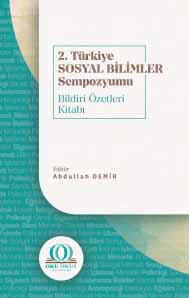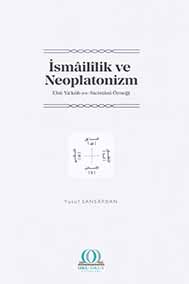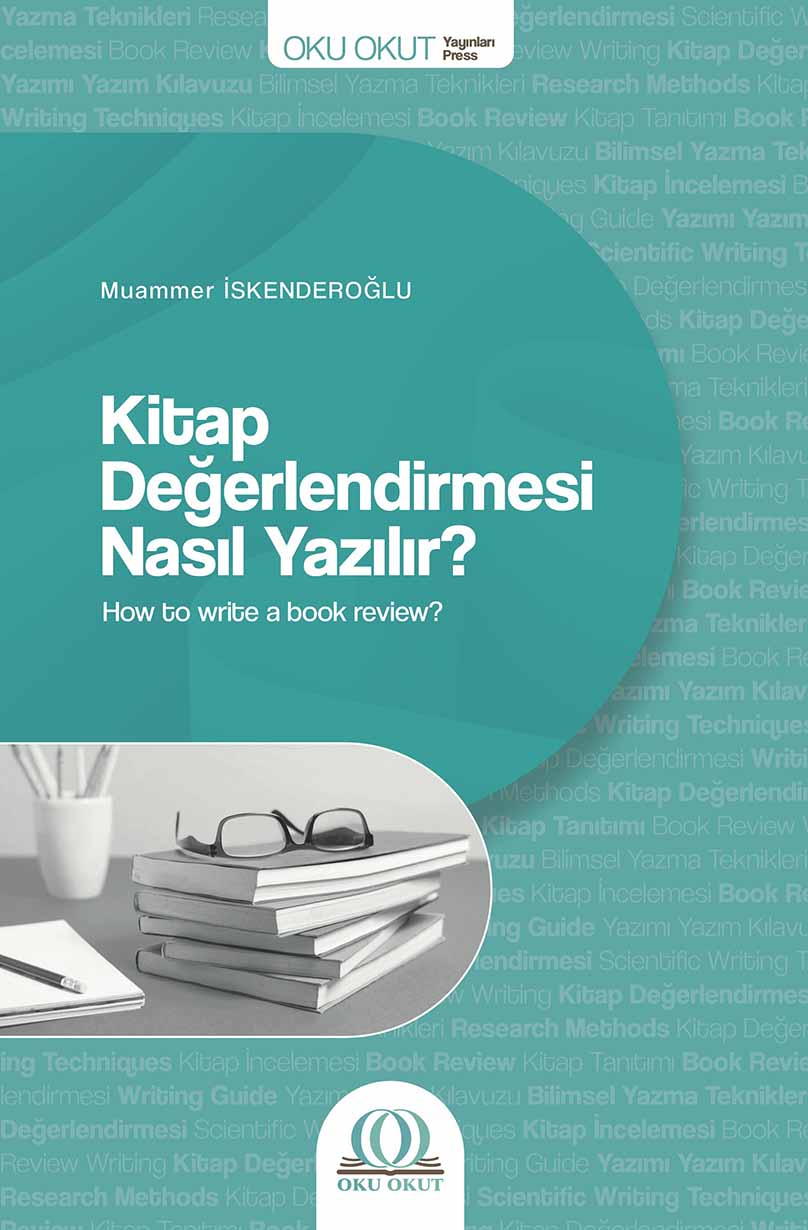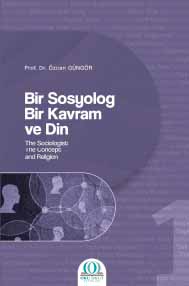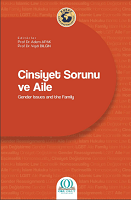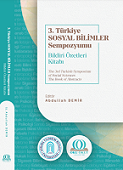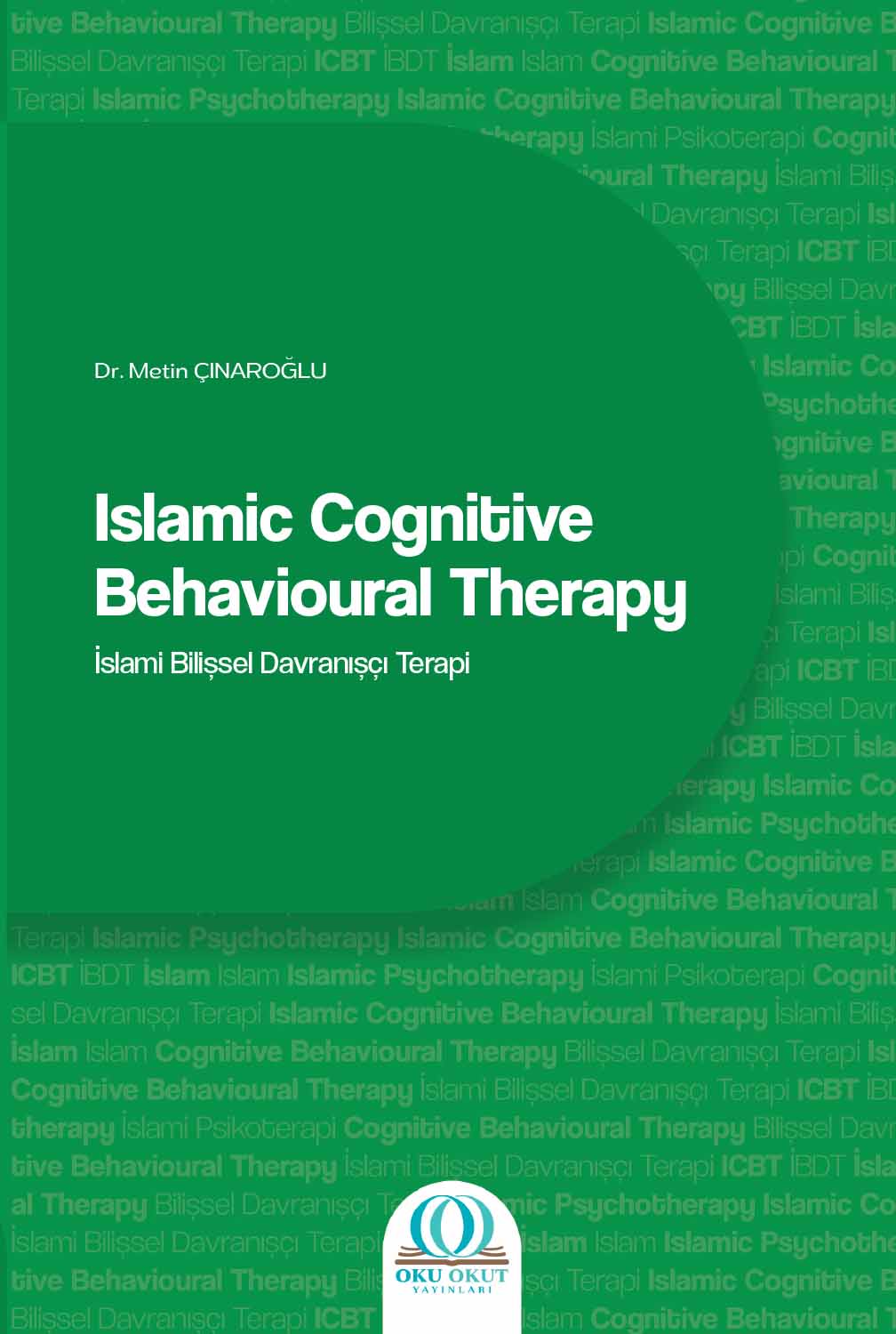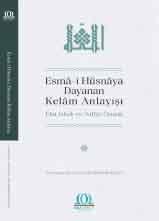
The Understanding of Kalām Based on al-Asmāʾ al-Husnā: The Case of Abū Isḥāq al-Ṣaffār
Esmâ-i Hüsnâya Dayanan Kelâm Anlayışı: Ebû İshak es-Saffâr Örneği
Keywords: Kalam; al-Asma' al-Husna; The Beautiful Names of Allah; Abu Ishaq al-Saffar;Maturidiyya; Talkhis al-adilla li-qawa'id al-tawhid;
This book discusses the theological views of Abū Isḥāq al-Ṣaffār d. 534/1139), within the framework of his comments on the meanings of Allah’s names, provided in his work titled Talkhīṣ al-adilla. Abū Isḥāq al-Ṣaffār is one of the Ḥanafite-Māturīdite scholars in the 6th/12th century. In his work titled Talkhīṣ al-adilla li-qawāʿid al-tawḥīd on kalām, he spared extensive space for al-asmāʾ al-husnā. Approximately one third of this work, published in two volumes, is devoted to al-asmāʾ al-husnā. An examination of the related section reveals that al-Ṣaffār explains many issues, particularly those related to the existence, unity and attributes of Allah, based on 175 al-asmāʾ al-husnā. He mentions some of the names that he does not include in the al-asmāʾ al-husnā section under separate headings. For example, the name al-Mutakallim is addressed within the context of the attribute of kalām and in relation to subjects, such as the khalq al-Qurʾān and i‘jaz al-Qurʾān. Upon the addition of these names to the list, the number names reaches 178. This means that half of the work deals with the subject of al-asmāʾ al-husnā.al-Ṣaffār lists the divine names in alphabetical order and explains them semantically in the chapter of al-asmāʾ al-husnā. Then he goes on to clarify each divine name through a theological lens with a specific reference to the subject of kalām. In the pre-Saffar Ḥanafite-Māturīdite theological literature, there is no other work that addresses al-asmāʾ al-husnā in such an extensive way.This book consists of three main sections. The first section titled “Methodological Framework”, elaborates on the focus, significance, purpose and method of the study, along with the sources used. The first part describes the political, social and religious status of Transoxiana (Mā-warāʾ al-Nahr) region and the cities of Bukhara and Marw, the sociocultural environment in which Saffar lived. The second chapter addresses various concepts, which promote the understanding of al-asmāʾ al-husnā, such as name, tasmiya, musammā, attribute and qualification in addition to the theological debates such as the number and iḥṣāʾ of al-asmāʾ al-husnā. Then, it provides information about the al-asmāʾ al-husnā literature produced in the pre- Ṣaffār period. The end of each chapter comes with a detailed table with the 178 divine names mentioned by al-Ṣaffār. In the third chapter, the author initially discusses the theological principles that al-Ṣaffār considered while explaining the essence of al-asmāʾ al-husnā. This section also determines and systematically categorizes the theological views and evaluations put forward by al-Ṣaffār while explaining the divine names in Talkhīṣ al-adilla. The tables with the divine names and the related discussions can be seen at the end of the discussion for each subject. The last section presents the conclusions reached, regarding the kalām method based on al-Ṣaffār’s understanding of the essence of al-asmāʾ al-husnā. The present study revealed that he made theological interpretations in 75% of the al-asmāʾ al-husnā and interpreted all theological issues ranging from the subjects of knowledge and existence to the Afterlife in connection with the al-asmāʾ al-husnā. These results indicate that al-Ṣaffār's understanding of kalām is based on the interpretation of the divine names.
More...
